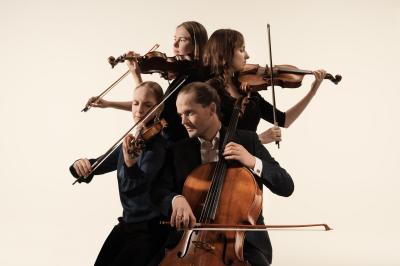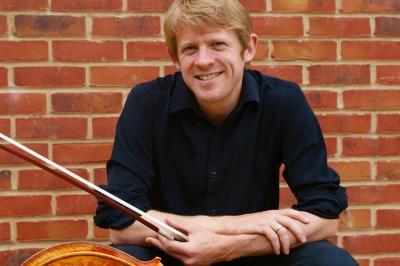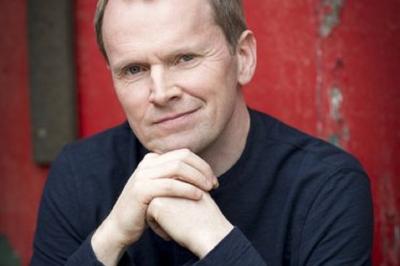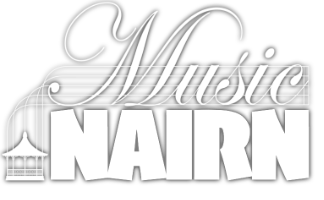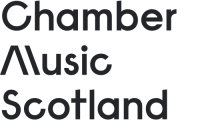Karolos String Trio
Almost thwarted at the last minute by a train cancellation, the long-delayed performance by the Karolos String Trio for Music Nairn was certainly well worth waiting for. It seemed almost symbolic that they opened their concert with the unfinished Trio D471 by Schubert. A serial 'unfinisher' of things, most famously of his symphony of that name, quite why the teenage Schubert abandoned this Trio after composing such a promising opening Allegro is a mystery, but he has left us a beautifully crafted movement which works very well on its own. Schubert was one of only a handful of composers who were truly happy in the tricky medium of the string trio, and he went on to compose one of the finest works in the whole repertoire, his D581. This earlier Allegro is full of promise and life, and the Karolos String Trio presented it with insight and energy, enjoying Schubert's consummate mastery of the medium.
They completed their first half with two short works by the contemporary South African composer Robert Fokkens, Homage and Limping Dance, the first a haunting evocation of a traditional African stringed instrument, during which Harriet Mackenzie and Graham Walker blended their voices with the sounds of their respective violin and cello. The second was a toe-tapping dance relying on uneven rhythms and syncopations for its effectiveness, which reminded me of my own ill-advised foray into the world of Maasai jumping dance! The players' expertise in world music proved invaluable in bringing these highly effective pieces vividly to life.
The second half of the Trio's concert consisted of the ultimate masterpiece in the string trio repertoire, Mozart's Eb major Divertimento K563. Its six-movement form casts it as a divertimento, but any suggestion of slightness is quickly dissipated in the opening two movements, a wonderfully poised Allegro and a darkly profound Adagio. It would be understandable if Mozart, like Schubert, had questioned his ability to match these opening movements with anything remotely as good, but being Mozart he goes on to do just that. In her insightful introduction Harriet Mackenzie commented that this trio seems to contain all the drama and varied characterisation of an entire Mozart opera, and in the ensuing two Menuettos, Theme and Variations and concluding Allegro, Mozart does indeed introduce us to a range of colours, textures and musical scenarios worthy of a much larger canvas. Any successful performance of this remarkable piece presupposes a group capable of overcoming its considerable technical challenges and intellectual and expressive demands – fortunately with the Karolos String Trio we were in utterly capable hands, and they gave us a sparkling and effervescent reading of this rewarding masterpiece.
In response to an enthusiastic ovation, at the end of such a demanding programme the ensemble wisely limited themselves to a short and simple encore, the Aria from which Bach weaves his extraordinary Goldberg Variations in a lovely arrangement for string trio.
Forthcoming Events
